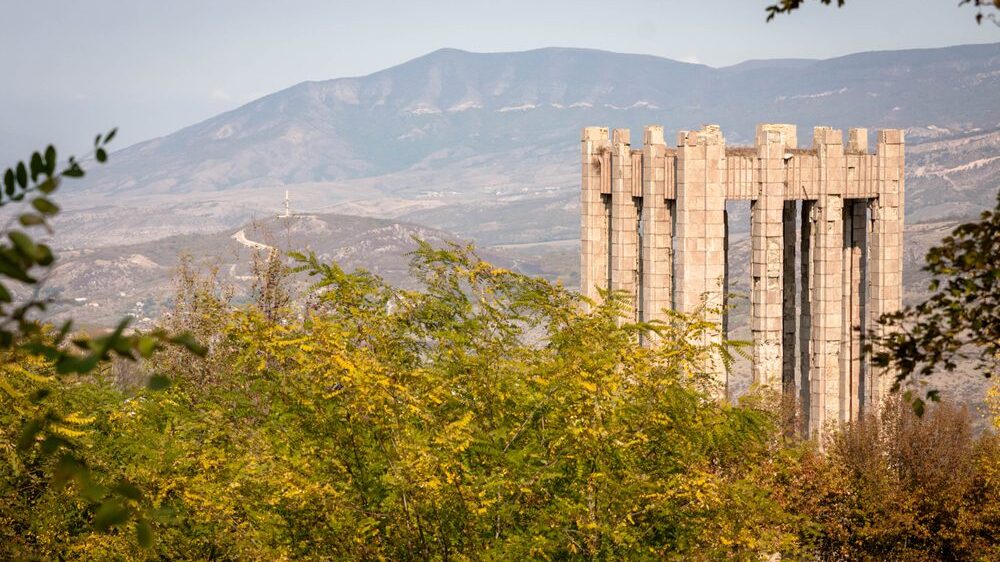
The European Parliament voted overwhelmingly to back a report which condemns Azerbaijani aggression against Armenia, and called for the protection of Armenians in Nagorno-Karabakh on Wednesday, March 15th. In the wake of escalating tensions, the EU is siding with Armenia and is resolved to reinforce its role in the South Caucasus.
MEPs adopted the report with 534 in favour, 10 against, and 66 abstaining.
The conflicted region, Nagorno-Karabakh, is an ethnic Armenian enclave within Azerbaijan that was surrounded by Azerbaijani forces at the end of the 2020 war. The only supply route to Armenia, the Lachin corridor—essential for replenishing food, fuel, and medical supplies to the community—has been blockaded by a group of Azerbaijanis claiming to be environmentalists since last December, tipping the situation into a crisis.
Even though the international court of justice ordered the blockade be lifted— a call echoed by the report—little has been done so far. French MEP François-Xavier Bellamy referred to the international response as “92 days where the world has been silent.”
The MEP responsible for the report, Andrey Kovatchev, said its purpose was “to convey … important principles” of international norms and law, and Azerbaijan was denounced on account of two of them.
On the first principle, non-use of force, Azerbaijan was condemned for its violent attacks, not just on Nagorno-Karabakh, but on Armenia’s own sovereign territory. MEP Charlie Weimers of the ECR Group commended the report for “clearly distinguish[ing] between aggressor and victim.”
The second principle was “[the] self-determination of peoples,” and on this ground the European Parliament emphasised that any peace treaty would have to contain “provisions that guarantee … the rights and security of the Armenian population residing in Nagorno-Karabakh.” This is a clear challenge to Azerbaijan’s insistence that Nagorno-Karabakh be directly integrated under Baku.
The report and its reception demonstrate that Armenia and the EU mutually intend to form closer ties. Commissioner Varhelyi underlined that “Armenia is looking towards Europe as a fundamental partner” and cited the recently implemented reforms as signs of this intention—unsurprising,since Kovatchev said that Armenia could no longer look to “Russia as a fair facilitator, but only as a regime that wants to keep [it] dependent.”
The EU, while wanting to act as a peace broker, has now taken a clear side in the conflict with this report. Considering recent pro-EU protests in Georgia, this report signals that not only is the EU wanted in the South Caucasus, but the EU wants to be there as well.
